Commercial Electric Pasta Machine Manufacturer - Chinese Manufacturer, Factory, Supplier
A professional Commercial Electric Pasta Machine Manufacturer delivers cutting-edge electrically powered machinery that meets the rigorous demands of industrial pasta production. These manufacturers focus on combining advanced electric drive technology with robust construction to produce equipment that offers precise control, energy efficiency, and long-lasting durability.
Crafted from premium food-grade stainless steel, machines from a top-tier Commercial Electric Pasta Machine Manufacturer adhere to strict hygiene protocols such as HACCP and ISO 22000. The electric motor systems provide smooth, adjustable torque and speed, ensuring uniform dough handling and consistent pasta shaping with minimal operator input.
Versatility is a key advantage. These manufacturers engineer their machines to accommodate diverse pasta formats—ranging from delicate angel hair to hollow rigatoni—with quick die-change systems and programmable controls that facilitate fast recipe switches and maximize production flexibility.
Electric-powered pasta machines stand out for their energy-saving benefits and reduced wear and tear compared to traditional mechanical setups. Their quieter operation, refined speed regulation, and precise process management translate to better product uniformity, less waste, and lower maintenance costs.
Beyond the hardware, a dependable Commercial Electric Pasta Machine Manufacturer provides full-spectrum customer support, including on-site installation, comprehensive operator training, preventive maintenance schedules, and rapid parts availability. This ensures continuous, trouble-free operation and safeguards your production investment.
For pasta manufacturers pursuing scalable, energy-efficient automation, selecting a trusted Commercial Electric Pasta Machine Manufacturer means gaining access to innovative equipment tailored to evolving production needs and quality standards.
Ultimately, these manufacturers empower food processors to increase throughput, elevate product consistency, and optimize operational expenses—strengthening their position in a competitive marketplace.

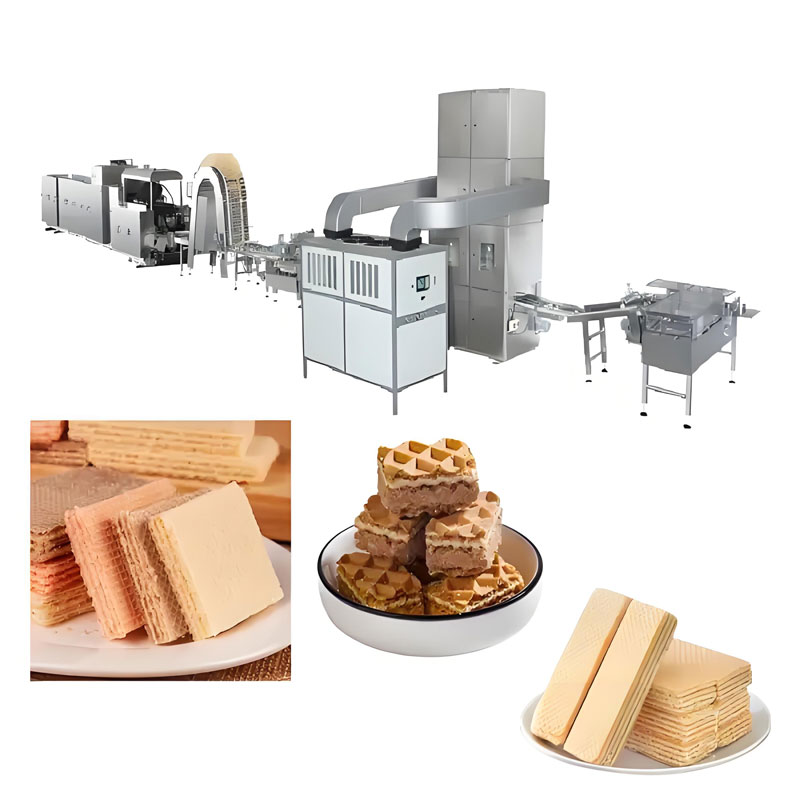 Biscuit Making Machine
Biscuit Making Machine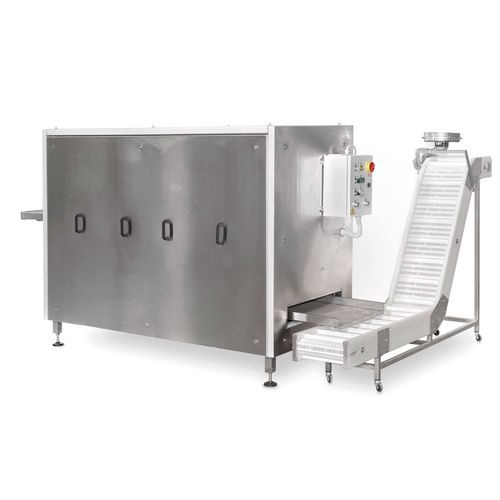 Commercial Dry Pasta Machine
Commercial Dry Pasta Machine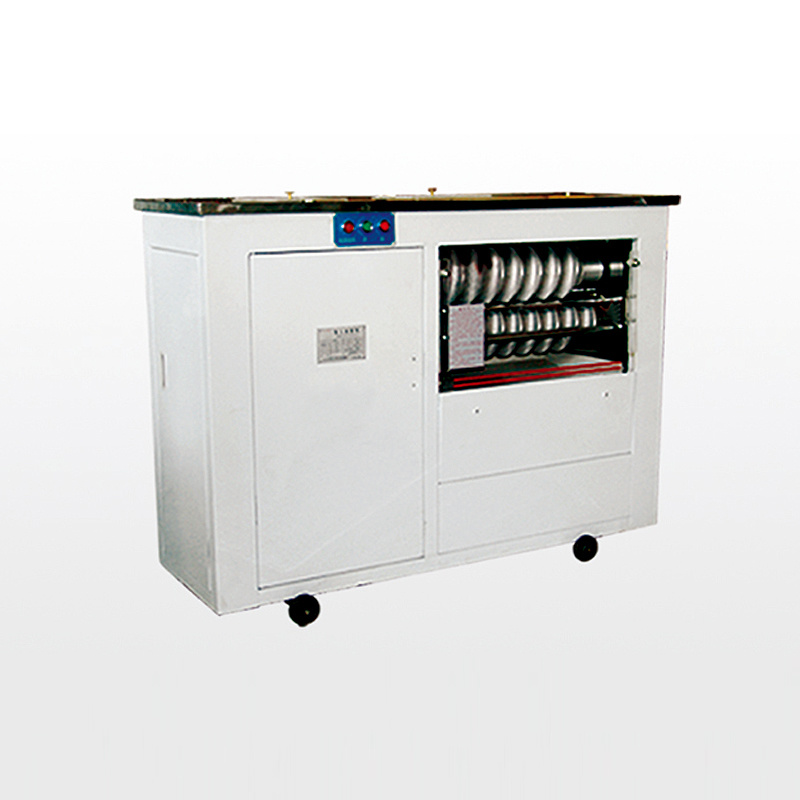 Dual-Roll Steamed Bun Machine
Dual-Roll Steamed Bun Machine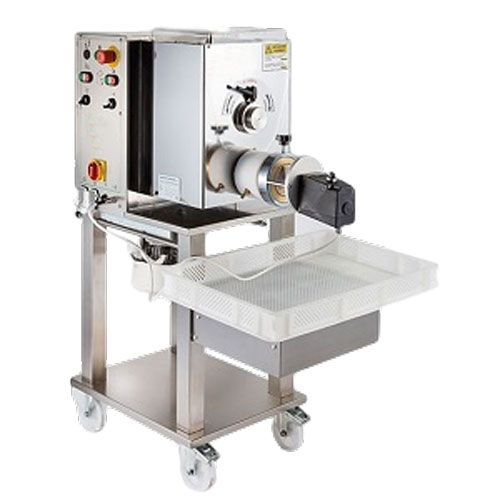 Commercial Pasta Extruder
Commercial Pasta Extruder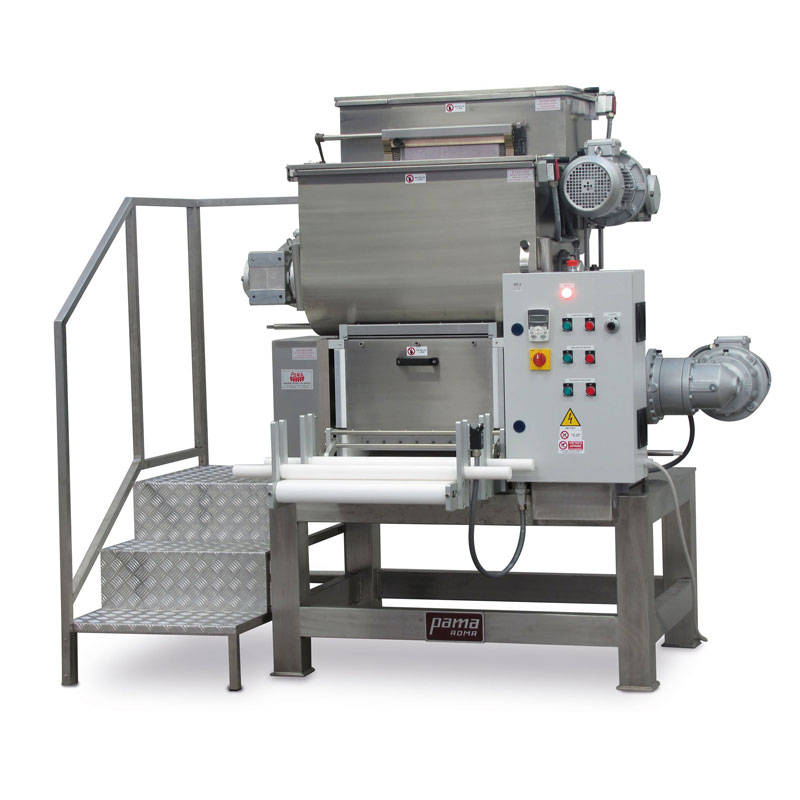 Commercial Pasta Sheeter
Commercial Pasta Sheeter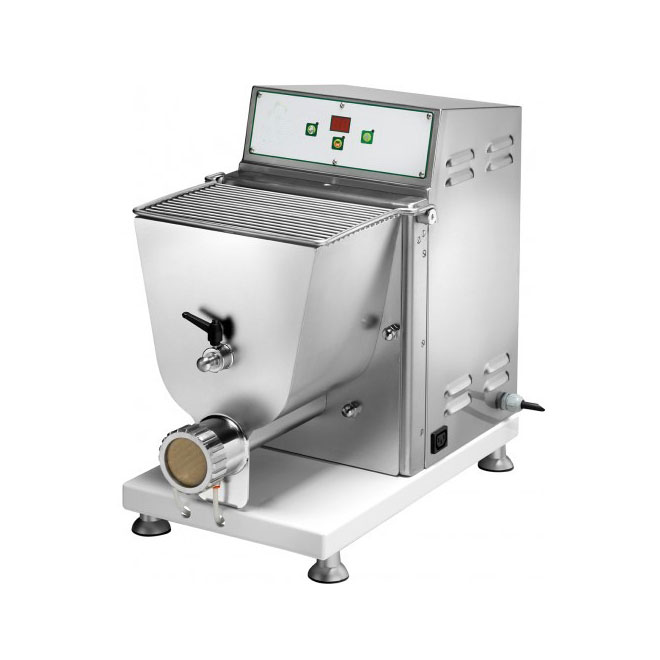 Pasta Machine
Pasta Machine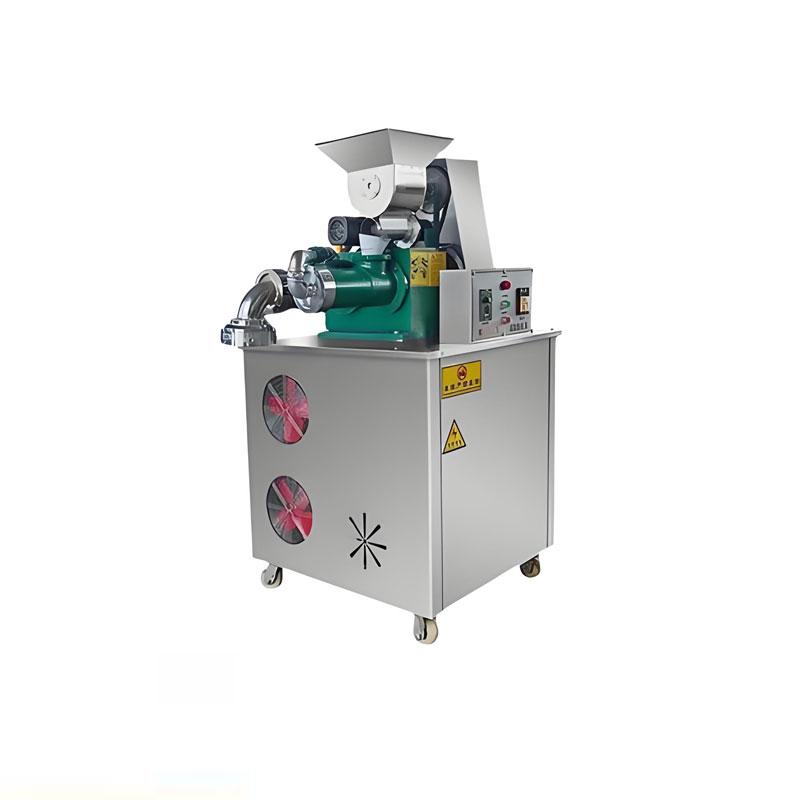 Multifunction Pasta Machine
Multifunction Pasta Machine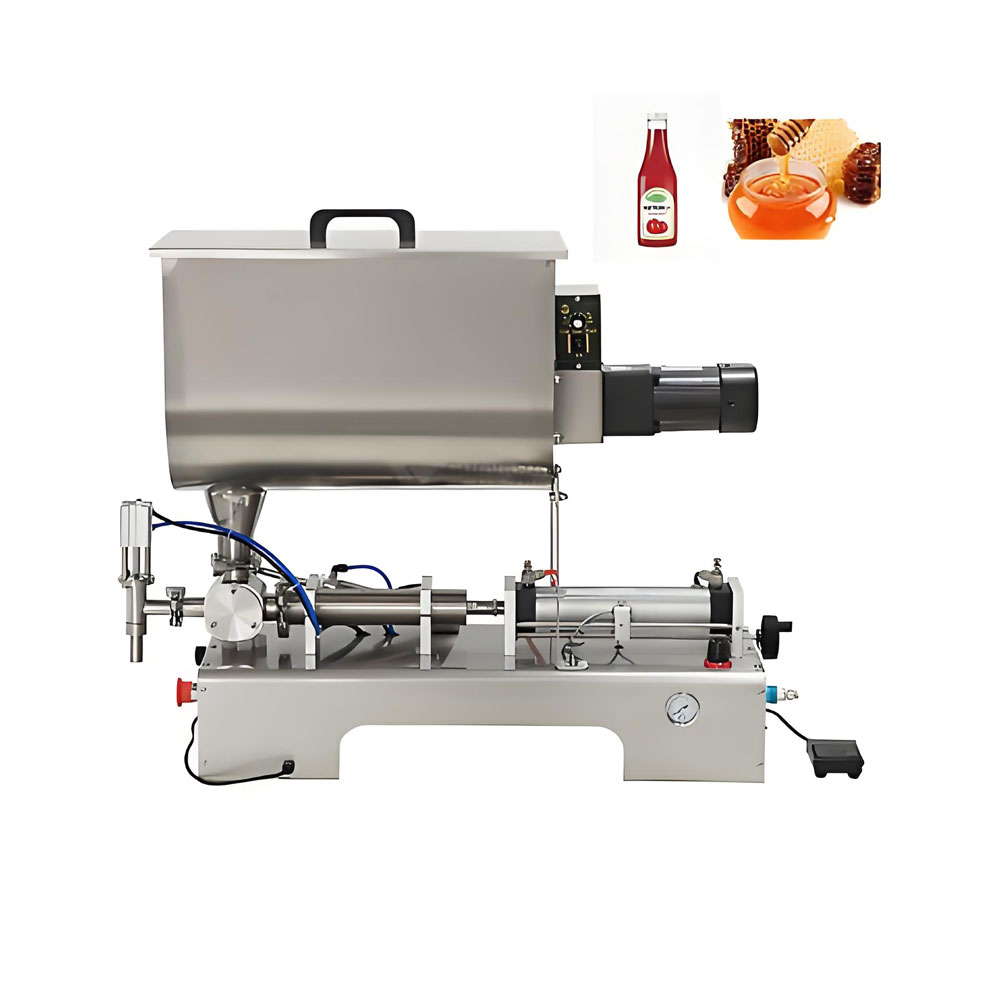 Sauce Filling Machine
Sauce Filling Machine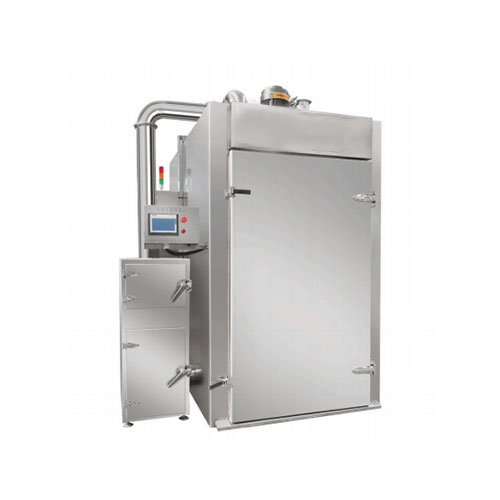 Smoked Furnace
Smoked Furnace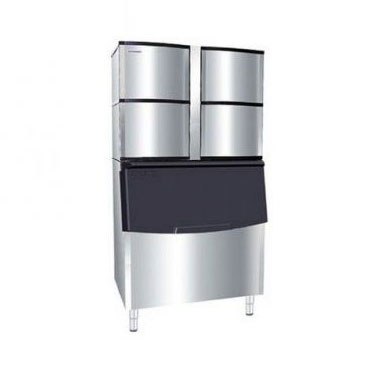 AM Series Crescent Ice Maker
AM Series Crescent Ice Maker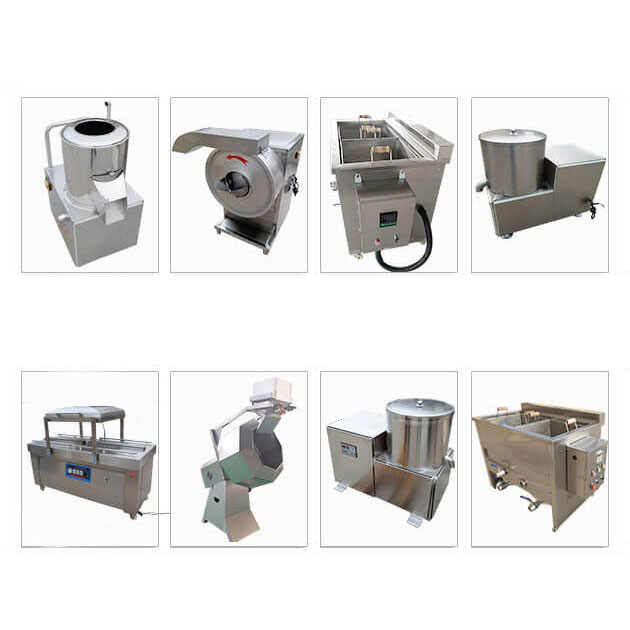 Small Scale French Fries Production Line
Small Scale French Fries Production Line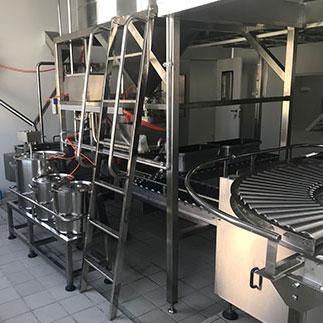 Cold Chain Rice Production Line
Cold Chain Rice Production Line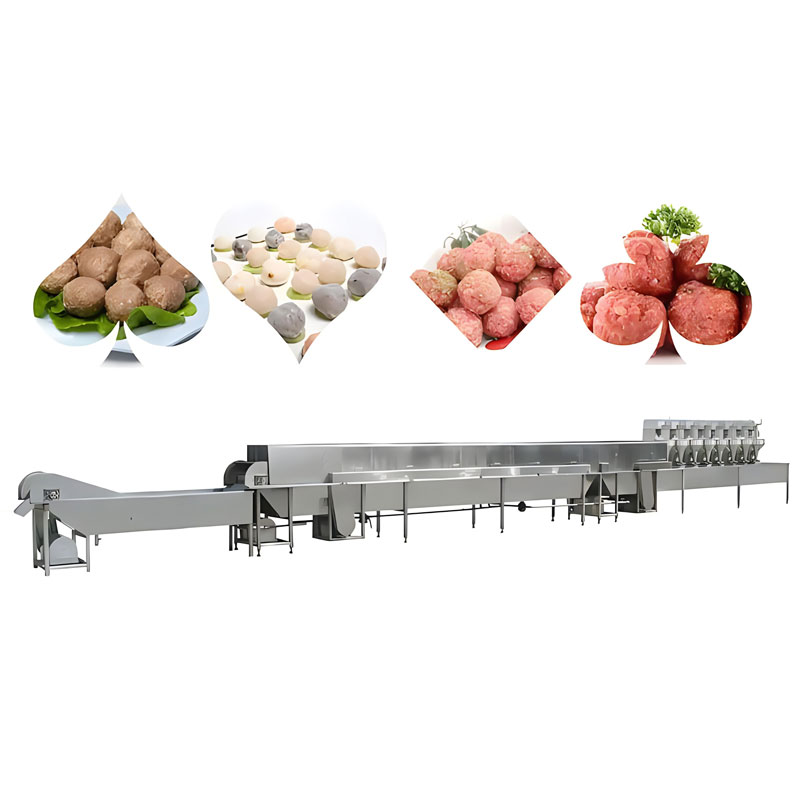 Meatball Production Line
Meatball Production Line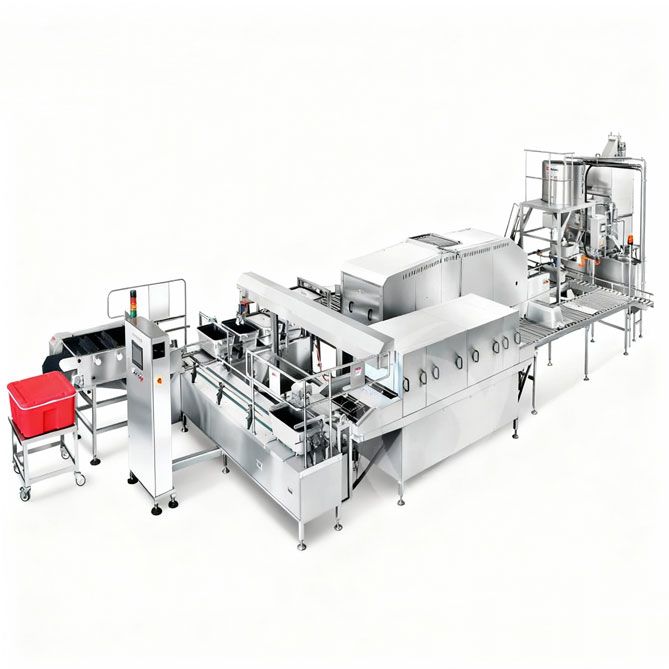 Robotic Rice Production Line
Robotic Rice Production Line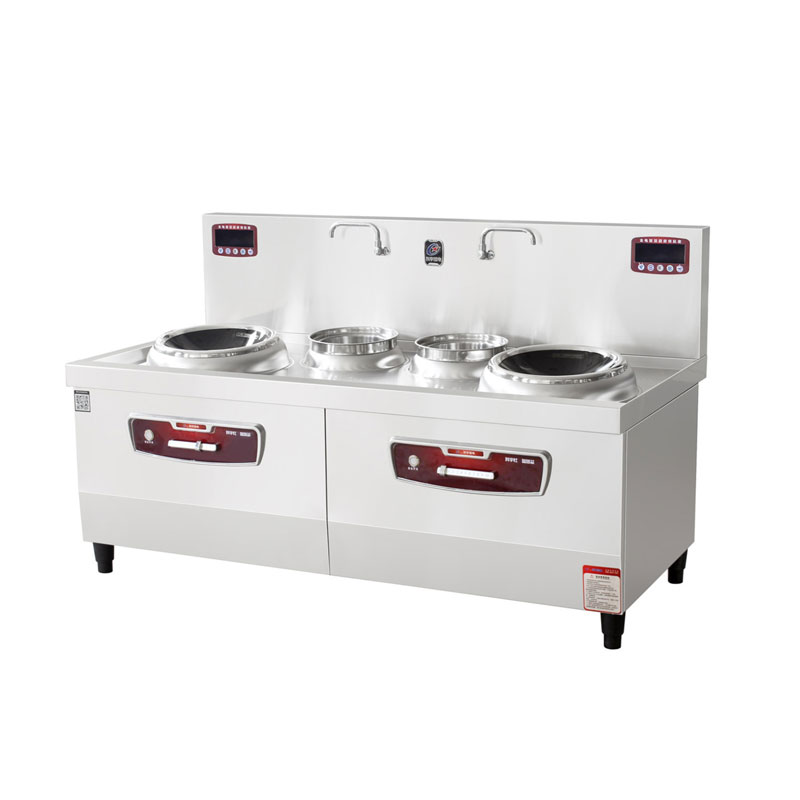 Double-Wok Dual-Temperature Induction Cooker
Double-Wok Dual-Temperature Induction Cooker